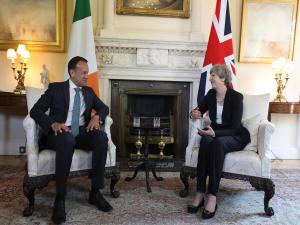
QRadio News
Irish premier Leo Varadkar has demanded a commitment that there will be no return to a "hard border" between Northern Ireland and the Republic in a fresh clash with Theresa May over Brexit.
Attending a European summit in Sweden, the Taoiseach made clear the Brexit negotiations could not move on to the second phase until the future status of the border was clear.
Mrs May is anxious to secure the agreement of EU leaders to open discussions on Britain's future relations with the bloc - including a free trade deal - when they meet next month in Brussels.
However Mr Varadkar, who met Mrs May in the margins of the gathering in Gothenburg, said that would require further "concessions" from the UK.
"Before we move to phase two talks on trade, we want taken off the table any suggestion that there will be a physical border, a hard border, new barriers to trade on the island of Ireland," he told reporters.
"If we have to wait until the New Year, if we have to wait for further concessions, so be it."
Foreign Secretary Boris Johnson, in Dublin to meet his Irish counterpart Simon Coveney, insisted there was no desire for a return to a hard border of the past.
However Mr Coveney warned it was impossible to avoid some form of "border infrastructure" if - as Mrs May has said - Britain is to leave the customs union and the single market.
"We simply don't see how we can avoid border infrastructure, whether it's on the border or somewhere else on the island if we have regulatory divergence in Northern Ireland versus the rest of the island," he told a joint news conference with Mr Johnson.
"When you have a different rule book applied to trade and business, well then, you are starting to go down the road of having to have checks and inspections."
Mr Johnson however argued the border issue could only be resolved in the context of the wider negotiations on Britain's future relationship with the EU.
"The issues of the Northern Irish border and how it works are intellectually intimately bound up with the questions of the customs union, the single market and Britain's relationship with those," he said.
"Those questions have been reserved by the (European) Commission for study in stage two of the negotiations. I think, logically, now is the time to proceed with stage two of the negotiations."
In a further sign of the tensions between London and Dublin, the Foreign Secretary poured cold water on a call by Mr Coveney for a transition period of up to five years after Britain leaves the EU, rather than the two years Mrs May has proposed.
"I think it is possible to do that within a much shorter time scale," he said.
Mr Coveney said the priority should be providing certainty for business as opposed to "other political considerations" - an apparent reference to fears among hardline Tory Brexiteers that an extended transition is simply a way of thwarting the Brexit process.
"In my view, the primary issues and concern there needs to be the need for business to adjust over time as opposed to any other political considerations," he said.
"I think the appropriate timetable is closer to four or five years than it is to two."


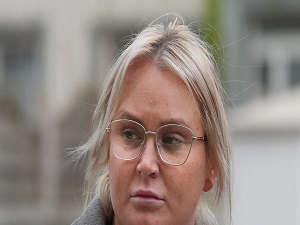 Woman stabbed partner as he slept in ‘premeditated’ murder, court told
Woman stabbed partner as he slept in ‘premeditated’ murder, court told
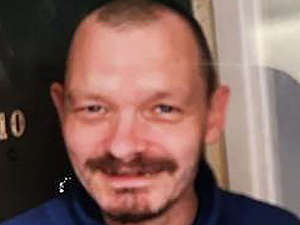 Police make new appeal over missing man last seen in October
Police make new appeal over missing man last seen in October
 19 police abuse of position sex cases investigated by ombudsman, report says
19 police abuse of position sex cases investigated by ombudsman, report says
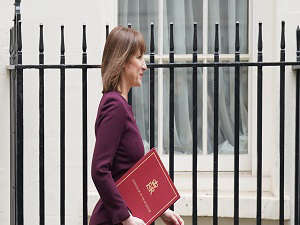 Government choosing weapons over public services – Michelle O’Neill
Government choosing weapons over public services – Michelle O’Neill
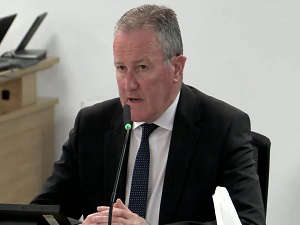 Devolved regions ‘politely entertained but not listened to’ during pandemic
Devolved regions ‘politely entertained but not listened to’ during pandemic